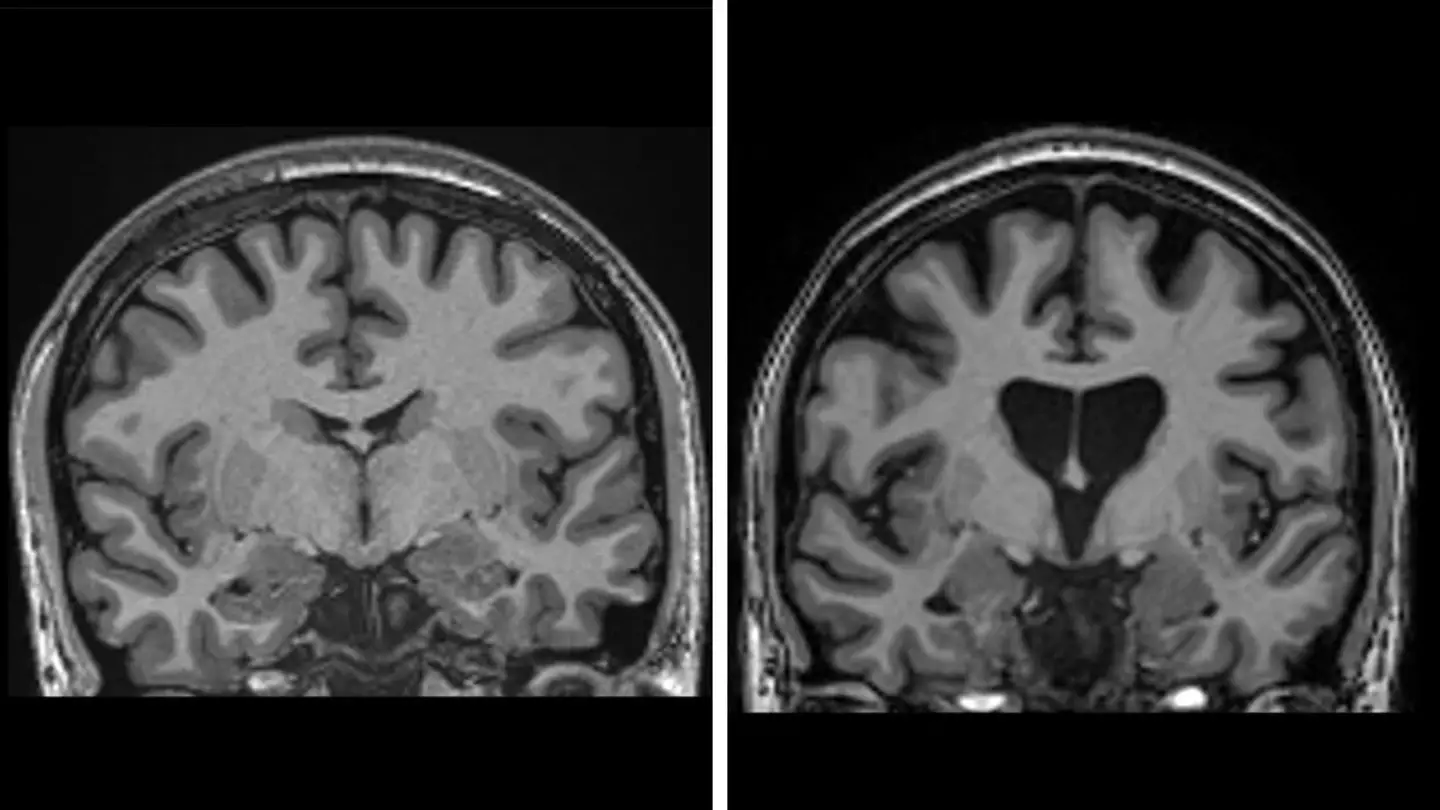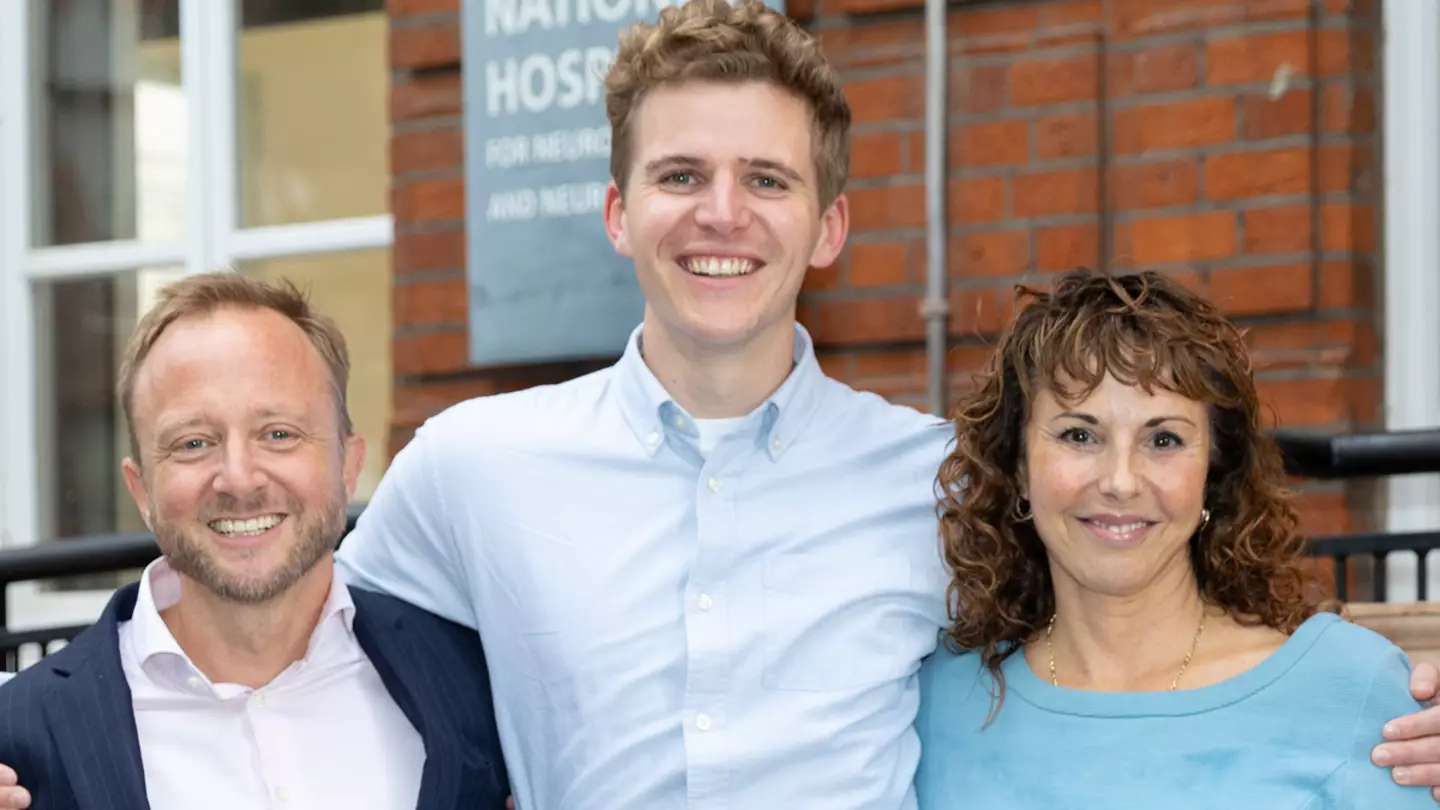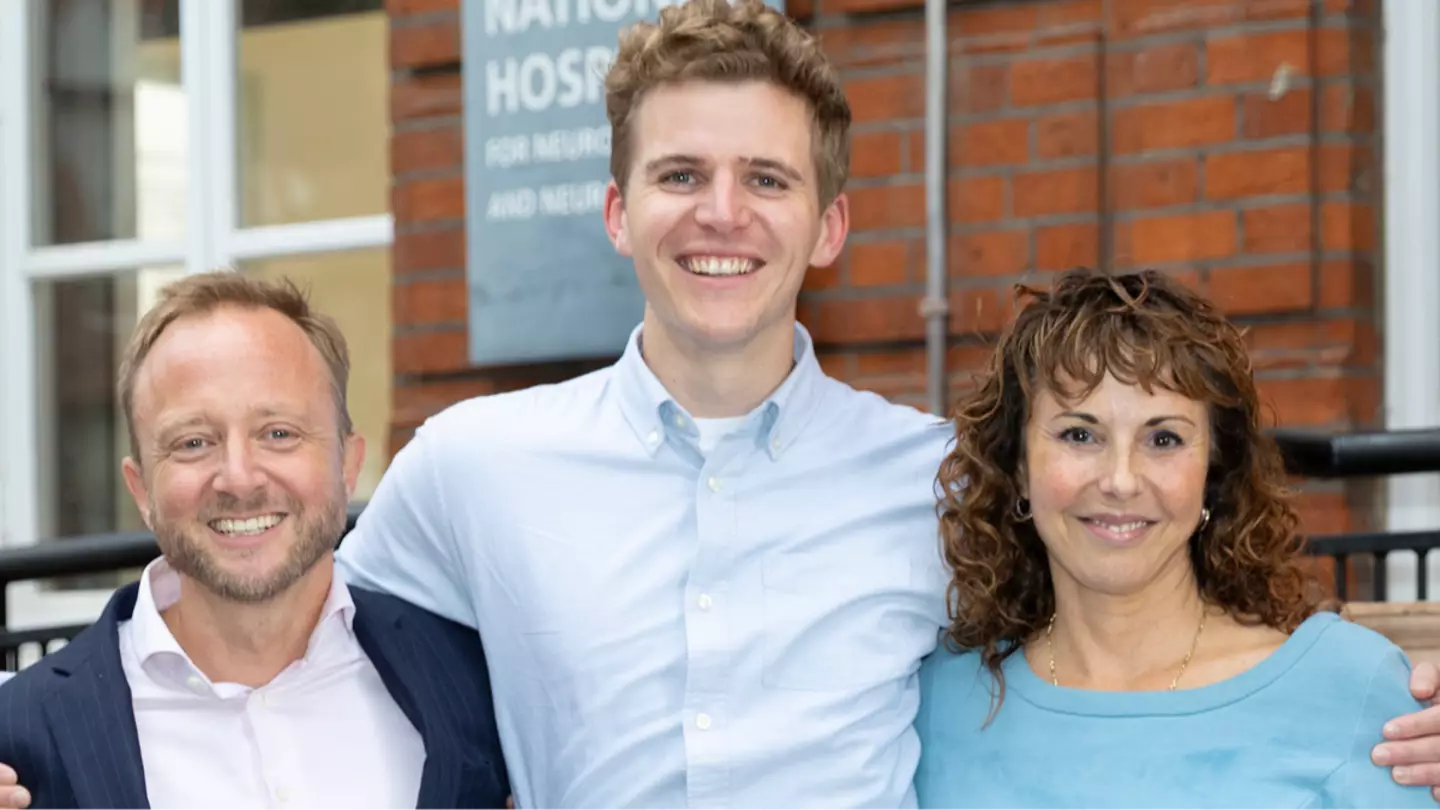Medical professionals have made significant progress in treating a severe genetic disorder that impacts around 41,000 individuals in the U.S.
Huntington’s disease is a neurological condition that impairs a person’s physical, cognitive, and emotional faculties. The BBC equates it to a blend of dementia, Parkinson’s disease, and motor neuron disease.
This disorder, affecting over 40,000 people in America as per the Huntington’s Disease Society of America, causes brain cells to die due to a mutation in the Huntington’s protein. The gene causing it can be passed down, with offspring having a 50% chance of inheriting it from an affected parent.
According to the National Health Service (NHS), symptoms usually manifest between ages 30 and 50. However, scientists have now managed to reduce its progression by up to 75% for the first time.
Researchers at University College London have reported that those who would typically show one year’s worth of deterioration in their condition would now take four years to reach the same state after receiving treatment.

“We never in our wildest dreams would have expected a 75% slowing of clinical progression,” expressed Professor Sarah Tabrizi, director of the University College London Huntington’s Disease Centre, in an interview with the BBC.
This groundbreaking progress, which Tabrizi calls ‘spectacular’, involves gene therapy introduced directly into the brain through an extensive 12 to 18-hour surgical procedure.
The technique employs a modified virus to deliver new genetic instructions, facilitating the spread from brain cell to brain cell, and assists in inhibiting the protein responsible for Huntington’s disease.
The study involved 29 participants, and after three years, evidence indicates a significant reduction in brain cell death and a marked slowdown in disease progression.
One participant, previously retired due to medical reasons, has returned to employment, while several others in the study continue to walk, despite having been expected to require wheelchairs.
“This is the result we’ve been waiting for,” remarked Professor Ed Wild, a neurologist at the National Hospital for Neurology and Neurosurgery affiliated with University College London Hospitals NHS Foundation Trust.
For individuals like Jack May-Davis, age 30, the discovery is transformative. May-Davis inherited the Huntington’s gene from his father, Fred, who passed away in 2016 after prolonged illness, as well as from his grandmother.

May-Davis recounted the difficult experience of witnessing his father’s health decline to the extent that he required constant care, describing it as “really awful and horrible.”
After participating in the UCL study, the barrister clerk expressed feeling ‘overwhelmed’ by the breakthrough, as it allows him to look forward to the future.
“It does allow me to think my life could be that much longer,” he commented.
While the therapy is anticipated to be costly and may not be suitable for everyone, researchers are optimistic about its potential to ‘last for life’. UniQure, the company responsible for developing the treatment, plans to seek accelerated approval from the US Food and Drug Administration (FDA) next year, with intentions to submit applications in the UK and Europe subsequently.

